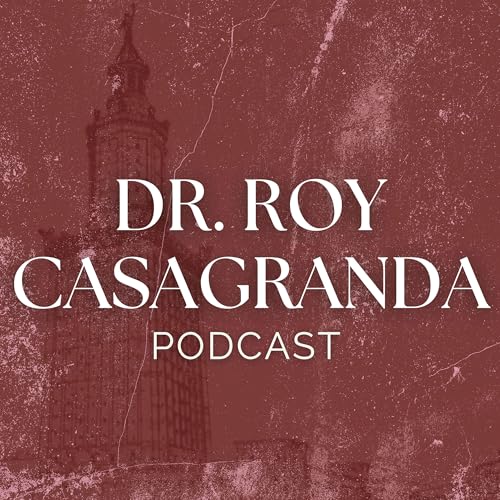
Decoding Systems
Échec de l'ajout au panier.
Veuillez réessayer plus tard
Échec de l'ajout à la liste d'envies.
Veuillez réessayer plus tard
Échec de la suppression de la liste d’envies.
Veuillez réessayer plus tard
Échec du suivi du balado
Ne plus suivre le balado a échoué
-
Narrateur(s):
-
Auteur(s):
À propos de cet audio
Language isn’t just communication; it’s power. Drawing on insights from Malcolm X, George Orwell, and political history, Roy unpacks how misused words blur meaning and control our thinking. He then decodes the difference between countries, states, provinces, and nations, and why these distinctions matter for understanding politics, legitimacy, and sovereignty.
Takeaways:
- Why Malcolm X studied the dictionary in prison, and what it reveals about language and empowerment.
- George Orwell’s 1984 and the dangers of shrinking vocabulary.
- The difference between accuracy vs. precision, theory vs. hypothesis, and why the misuse of words weakens critical thinking.
- Clear definitions of country, state, province, nation, and nation-state with real-world historical examples.
- How legitimacy, revenue, and violence form the foundations of sovereignty.
- The role of identity in creating nations, from the Navajo to the Rohingya.
- Why states fail, how legitimacy erodes, and what history teaches about repeating cycles.
Resources & References:
- Malcolm X, The Autobiography of Malcolm X
- George Orwell, 1984
- Harvard Implicit Bias Test (IAT)
- Case studies: Punt, Burgundy, Navajo Nation, Brexit and the EU, the Rohingya people, failed states like Somalia
- U.S. Constitution and Articles of Confederation
Beyond the podcast:
- Want to watch this lecture? Check out the full video.
- Want to support the show? Buy Dr. Roy a coffee!
This lecture was originally recorded at the Museum of the Future for the series Lessons from the Past (2025).
Pas encore de commentaire


